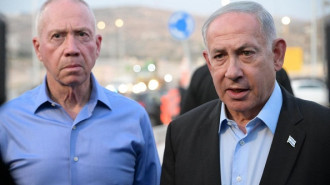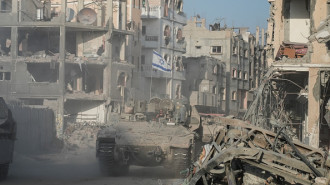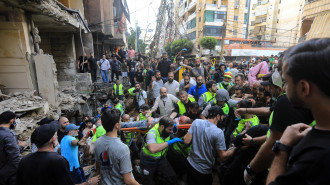Iran names new UN envoy amid rising US tensions
Tehran announced career diplomat and former nuclear negotiator Majid Takht Ravanchi as its new envoy for his role in the historic nuclear agreement in 2015.
Ravanchi, 61, was also Iranian deputy foreign minister for European and American affairs and has also served as ambassador to Switzerland.
Iran and six world powers agreed on a landmark deal, known officially as the Joint Comprehensive Plan of Action (JCPOA), in 2015 that severely restricted Tehran's nuclear activities in return for sanctions relief and economic incentives.
However President Donald Trump withdrew Washington from the deal - technically called the Joint Comprehensive Plan of Action (JCPOA) - last May, reimposing crippling sanctions on the Islamic republic.
The other parties to the nuclear deal - the UK, China, France, Germany and Russia along with the EU - however insist they remain committed to making the deal work.
Earlier this month, Iranian Foreign Minister Javad Zarif said European powers were incapable of bypassing sanctions imposed on Tehran by the United States after it withdrew from the Iran nuclear deal.
"The Europeans at first viewed the JCPOA (nuclear deal) as an achievement, but maybe they were not prepared to, and certainly they were not capable of standing up against US sanctions," Zarif said in an interview with khamenei.ir, the official website of Iran's Supreme Leader Ayatollah Ali Khomenei.
"We will continue pressing the Europeans to implement their commitments. Europe must know that they cannot shy away from their responsibilities with a few statements and some unaccomplished plans," he added.
Zarif, who was his country's chief negotiator in the negotiations leading to the deal, said that Iran would continue to pressure the Europeans to act on their obligations within the deal but added that "we never had any hopes" in them.
Instead of the western powers the Islamic republic has turned to its traditional partners such as Russia and China, Zarif said, adding "the future of our foreign policy lies in that way".
Key to European Union efforts to preserve the deal struck in 2015 is INSTEX - a means of allowing Iran to trade with EU companies despite Washington sanctions.
Iran has pledged not to resume its nuclear programme following the collapse of a landmark 2015 deal with the US. The UN's atomic watchdog says Iran continues to comply with the agreement.
It comes after heightened tensions between Iran and the US, which blacklisted Iran's Revolutionary Guards as a "foreign terrorist organisation".
In response, Iranian President Hassan Rouhani accused the US of being the real 'leader of world terrorism'.
It is the first time the US has applied the designation to part of a foreign government, rather than guerrilla groups or other more informal entities.
The terrorist designation for the Revolutionary Guards is meant to strike at the heart of the Iranian government's power structure.
The elite force was formed after the 1979 Islamic Revolution with a mission to defend the clerical regime, in contrast to more traditional military units that protect the country's borders.
At home, it has amassed strong political and economic influence.
Abroad, the Guards' prized Quds Force, named for the Arabic word for Jerusalem, supports Iranian allies, including the Syrian regime and Lebanon's Hizballah.
Follow us on Twitter: @The_NewArab
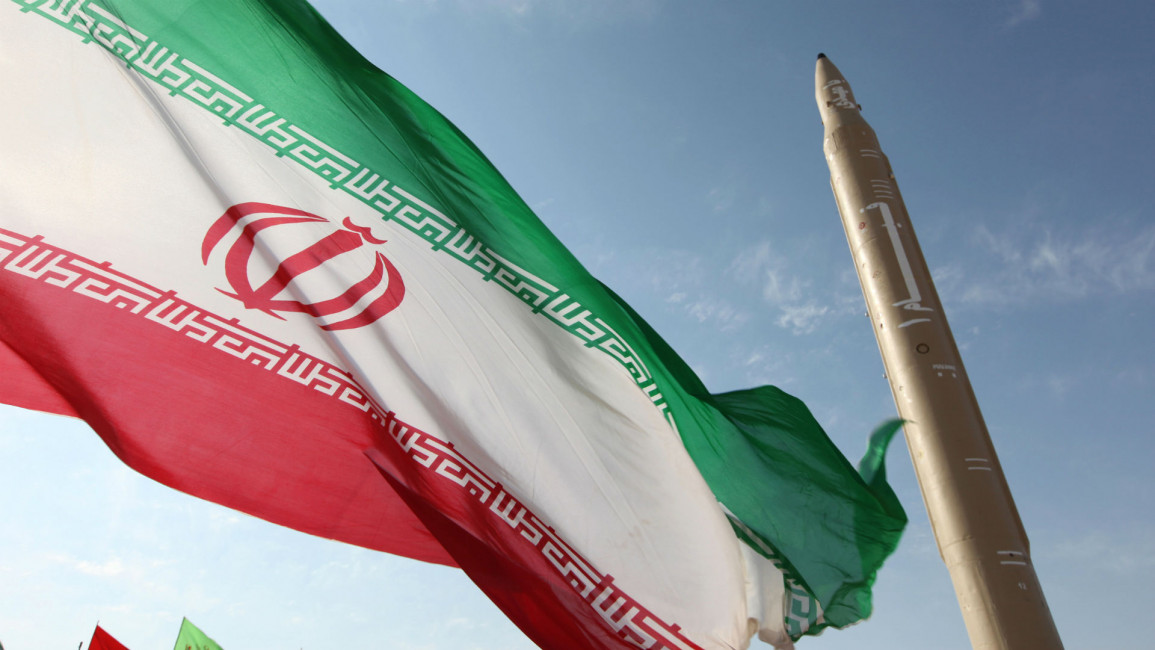
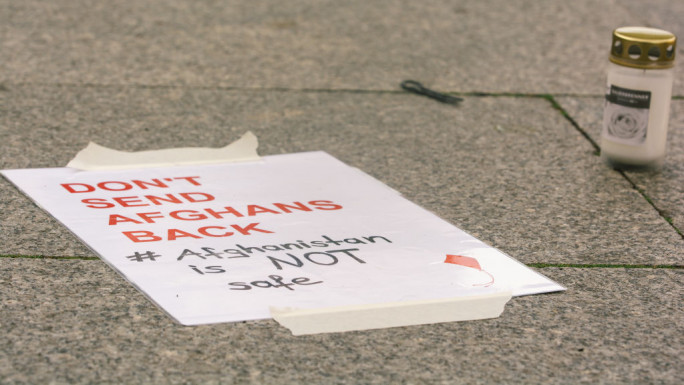
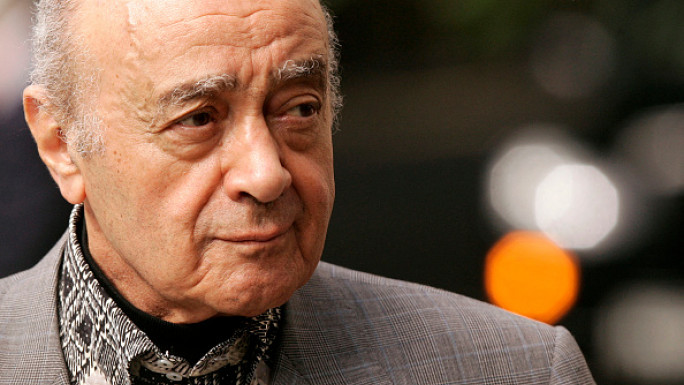
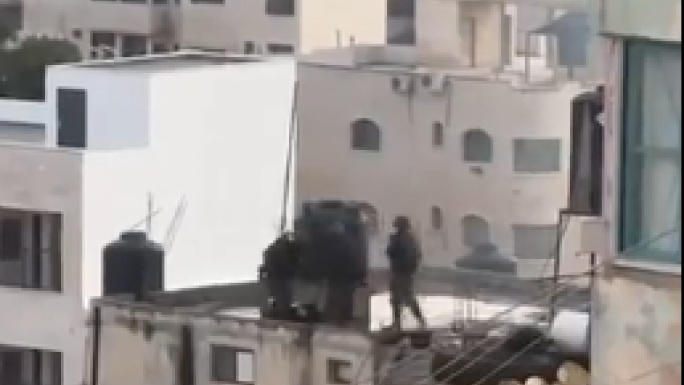
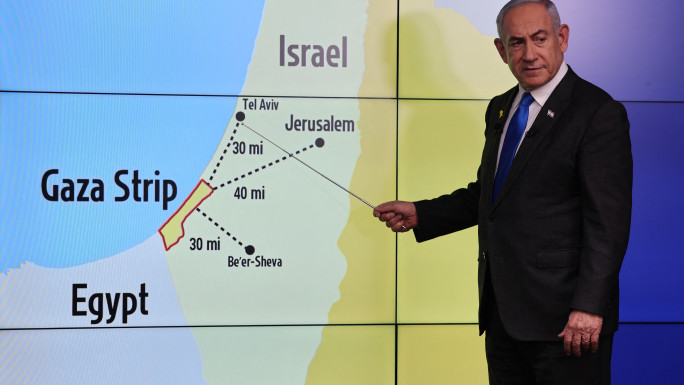
![gaza hospital [getty]](/sites/default/files/styles/image_684x385/public/media/images/04CAB42E-7AB3-4448-B45F-B0E1D7D43091.jpg?h=d1cb525d&itok=XYFJ5dpl)
